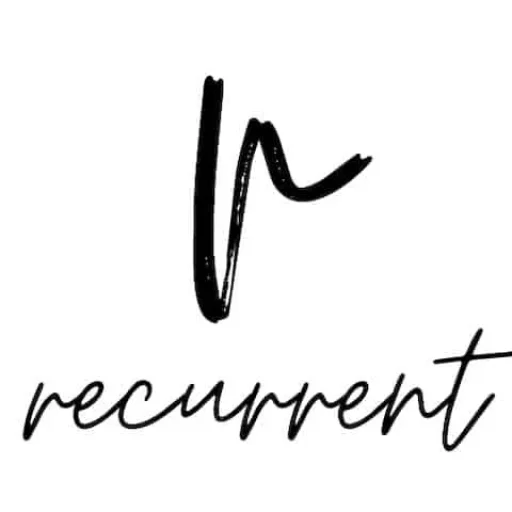The best way to achieve your financial goals is by having a financial plan. My grandfather would often tell us grandchildren that if we didn’t know where we were going in life, we could already be there! So it is with money. If you don’t know where you want to be, you might already be there!
Banking
Good money management starts with having your money in a good bank. A good bank is a facility at a minimum is where you can access your funds easily and through a variety of means, as well as track your money clearly and provide functionality in classifying your transactions.
Check our resource page on banking for more information on how you can get started with a good bank.
Budgeting
The best form of financial planning that anybody can do is to do a budget. Budgeting is a simple, yet effective technique to forecast how you’re financially progressing. Through continued reflection (looking back at how well you did or didn’t do to achieve a budgeted target) and then refining your projection again, you’ll be able to get a better idea of where you’re going with money.
Check our resource page on budgeting for more information.
Earning Income
Before we start spending our money, you should already be earning some. There are many ways to receive an income, and the most popular being the ability to work for someone.
Check the resource page on earning income for more information about how you can earn more.
Spending
You might not be able to control the level of income coming in each fortnight, or week, depending upon how often you get paid, but if there’s one outcome budgeting would have helped in your money management journey it would have been to better control the money that flows out of your hands!
Uncontrolled expenditure can easily eat away at your income received, and therefore you will want to read up on our resource page on being spendthrift .
Tax Minimisation
One of the largest expenses in your budget will be tax. Therefore, it’s important to have the right equipment to be able to track your taxable deductions to make sure you’re claiming the right amount of deductions to help reduce your tax liability.
Check the resource page on tax minimisation for more information on how you can implement strategies or claim deductions you may have missed.
Debt Reduction
Besides curbing spending, another element within your budget will be the reduction of debt. You will find it difficult to grow when you’ve got amounts owing to creditors.
Check our resource page on debt reduction for more information about paying your loans off quicker.
Savings
When we handle our money better, by reducing our expenses to be less than what we have received, our net result is savings. The benefit of accumulating savings is that it helps us to obtain an emergency fund which can help us to achieve our financial goals sooner.
Check our resource page on savings (emergency funds) for more information.
Investing
Once we’ve accumulated enough savings and have a sufficient emergency fund our next step is to accumulate enough for when we can no longer work because our body would no longer be able to perform to the same level of function as it did when it was younger. This is period where we are no longer working is known as retirement, and is generally around the age of 65 to 70.
Check our resource page on investing for more information.
Giving
The final concept with managing our money well is the concept of giving. This should be something done throughout all of our life, not at the very end of life where we will have no choice but to give it to others as we are unable to take our money with us. I am reminded at the funeral of a billionaire, somebody asked “ How much did he leave behind? ” to which somebody replied, “ All of it! ”
Giving doesn’t need to be our final act, and should be something that is done regularly and forms part of our monthly budget. Giving helps us to help others less fortunate than ourselves.
Check our resource page on giving for more information.
